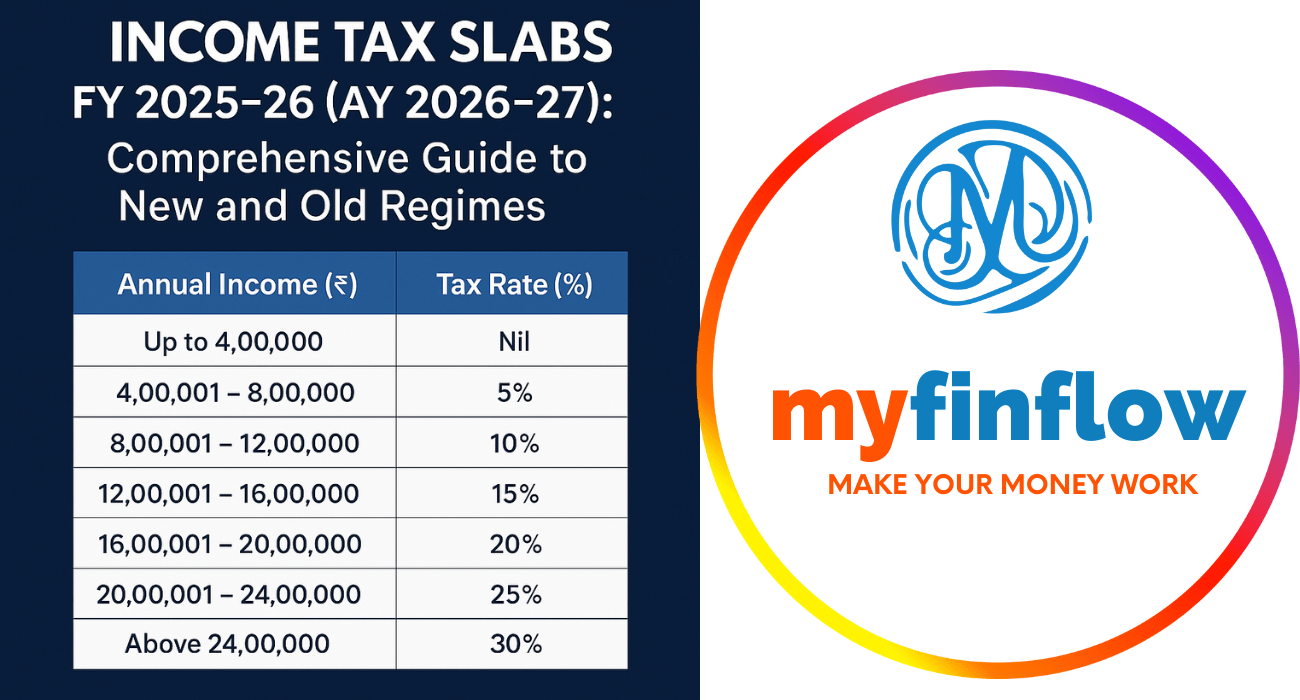What Should You Do If You Can’t Pay Your Credit Card Bill?
Discover effective steps to take if you can't pay your credit card bill. Learn how to manage missed payments, avoid penalties, and explore options like debt restructuring or negotiating with creditors.


What Should You Do If You Can’t Pay Your Credit Card Bill?
While missing a Credit Card payment is not ideal, it can happen to the best of us. If you find yourself unable to pay your Credit Card bill in full, here’s what you should do:
1. Don’t Panic
First and foremost, stay calm. Panicking can lead to poor decision-making. Understand that you have options and steps you can take to manage the situation.
2. Make a Minimum Payment
If you can't pay the full amount, try to make at least the minimum payment. This will help you avoid late fees and reduce the impact on your Credit Score.
3. Contact Your Credit Card Issuer
Reach out to your Credit Card issuer and explain your situation. Many issuers offer hardship programs that can provide temporary relief, such as lower interest rates or extended payment terms.
4. Prioritize Your Payments
If you have multiple debts, prioritize your Credit Card payments based on interest rates and due dates. Pay the most urgent and high-interest debts first to minimize further financial strain.
5. Avoid Cash Advances
Cash advances might seem like a quick fix, but they often come with high fees and interest rates. Avoid them if possible, as they can worsen your financial situation.
6. Look into Balance Transfers
If you have a good Credit Score, you might qualify for a balance transfer card with a low or 0% introductory APR. This can give you some breathing room to pay off your debt without accruing additional interest.
7. Create a Budget
Take a close look at your finances and create a budget. Identify areas where you can cut back and allocate more funds toward paying off your Credit Card debt.
8. Seek Financial Counseling
Consider seeking help from a credit counseling service. These professionals can provide advice and negotiate with creditors on your behalf to create a manageable repayment plan.
9. Explore Other Income Sources
Look for ways to increase your income, such as freelance work, part-time jobs, or selling unused items. Additional income can help you manage your Credit Card payments more effectively.
10. Consider Debt Consolidation
Debt consolidation can be a viable option if you have multiple debts. It combines all your debts into a single loan with a lower interest rate, making it easier to manage your payments.
11. Stay Positive
Financial challenges can be stressful, but maintaining a positive attitude and staying proactive can help you navigate the situation successfully. Remember, you're not alone, and solutions are available.


.png)
.png)
.png)
